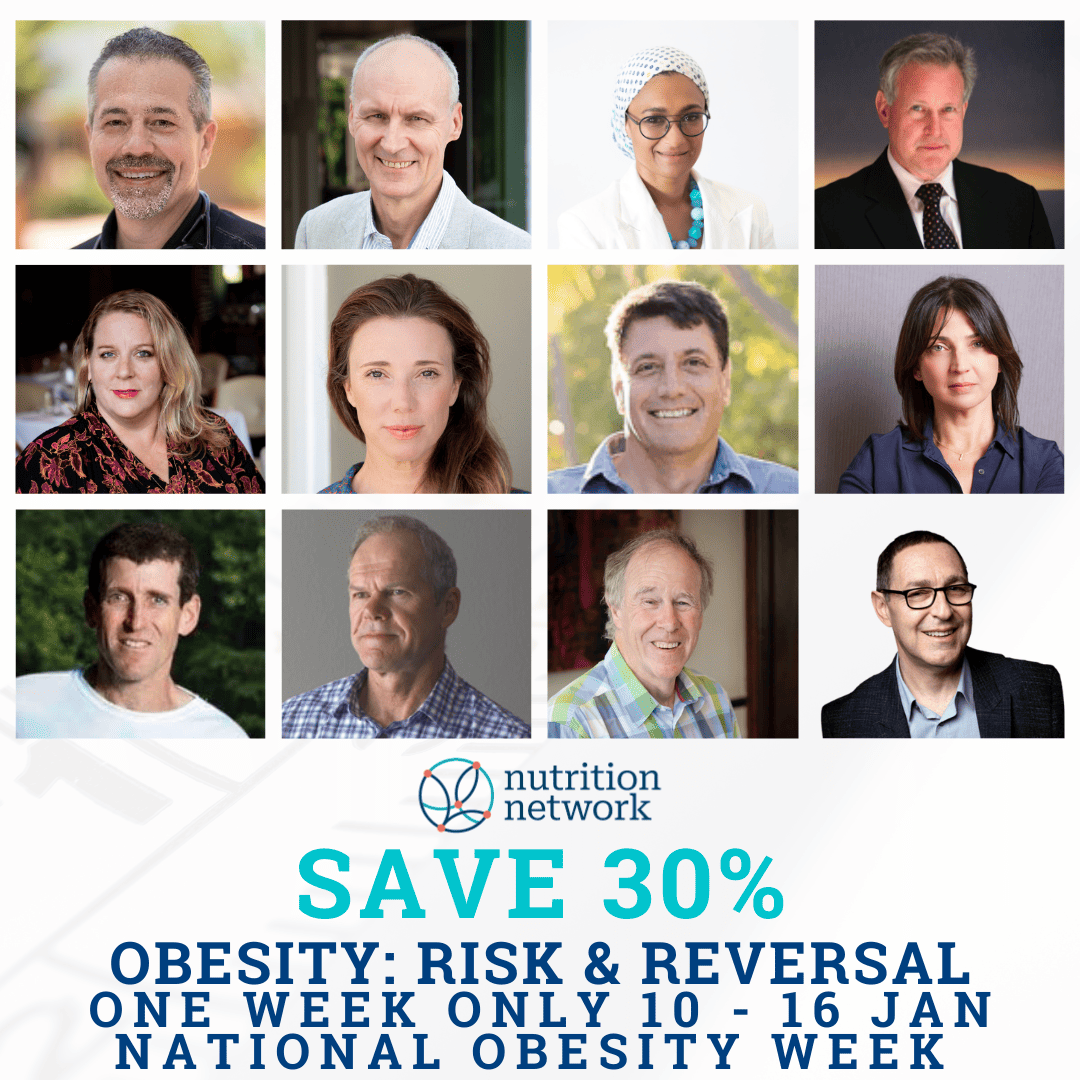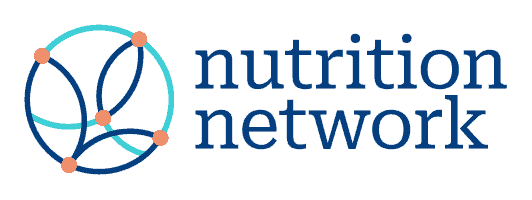
As we embark on the second week of January, an important event comes to the forefront of our collective consciousness – National Obesity Week, observed from January 10th to 16th. This week serves as a poignant reminder of the escalating global health crisis presented by obesity, urging us to contemplate the urgency of collective action. In this narrative, we will explore the critical issues surrounding obesity, the significance of awareness campaigns such as National Obesity Week, and discuss tangible steps for fostering a healthier future.
From 10 to 16 January 2024, we will be honouring a discounted rate on our training, Obesity: Risk and Reversal, using the code THIRTYOFF at 30% off. This training is designed for Medical & Allied Health Care Professionals on the topic of obesity, the risks associated with it, and how TCR & Keto nutrition may be used in clinical practice to manage and reverse obesity and its associated conditions.
Our comprehensive training is designed specifically for healthcare professionals like you – doctors, nurses, nutritionists, and dietitians. This is your chance to delve deeper into the world of Therapeutic Carbohydrate Restriction and empower your practice with the latest research and strategies.
What’s in store for you?
- Access to downloadable, topic-specific resources.
- Entry to our carefully curated listing of high-quality low-carb and ketogenic research.
- Exclusive access to our Community Forum for networking and knowledge exchange.
Click here to enroll today!
- Obesity & Diet – Professor Tim Noakes
- White Adipose Tissue as an Endocrine Organ: The Focal Role of Obesity in Aetiology of Metabolic Diseases – Dr Hassina Kajee
- The Clinical Associations of Obesity – Dr Brian Lenzkes
- NAFLD: Pathophysiology & Clinical Manifestations – Dr Robert Cywes
- Tackling Obesity in the Food System – Sonia Mountford
- Obesity & Lifestyle: Functional Medicine Models (aging well & immune resilience) Interview style – Dr Frank Lipman
- Exercise & Obesity – Professor Holden MacRae
- Obesity Panel Discussion: Lessons from the COVID-19 Pandemic. A Model to Rebuild Health Structures – Panel incl Nutrition Network board & Dr Robert Lustig
- Prevention & Management of Obesity in Childhood – Tamzyn Murphy, RD, MSC
- Reversing the Obesity Epidemic: The Eat Better South Africa Model – Jayne Bullen
- Diabetes & Obesity – Dr Neville Wellington
- Using Wild Animals as Models to Study Human Disease – Professor Tertius Kohn
Obesity has morphed into an alarming worldwide epidemic, affecting individuals across diverse age groups and backgrounds. The World Health Organization (WHO) reports that over 1.9 billion adults grapple with overweight concerns, with more than 650 million falling under the classification of obese (1). The repercussions of obesity extend beyond physical health, manifesting in an increased susceptibility to chronic conditions like heart disease, diabetes, and certain types of cancer.
National Obesity Week takes on a pivotal role as a timely initiative to address the myriad facets of this complex issue. It provides a dedicated space to not only acknowledge the root causes of obesity but also to emphasize preventive measures and explore available treatment options. This week stands as a symbol of collective commitment to raising public awareness about the consequences of obesity and inspiring meaningful changes.
The essence of National Obesity Week lies in its capacity to catalyze conversations around health, promoting a shared understanding of the far-reaching impact of obesity on individuals and society as a whole. It encourages us to reflect on our lifestyle choices, dietary habits, and physical activity levels, fostering a sense of responsibility for our well-being.
In the face of this escalating health crisis, it becomes imperative to transform awareness into action. National Obesity Week acts as a catalyst for individuals, communities, and policymakers to collaborate in crafting sustainable solutions. From promoting healthier food choices and facilitating increased physical activity to advocating for supportive environments that nurture well-being, the week serves as a call to action for a healthier future.
As we navigate through National Obesity Week, let us seize the opportunity to educate ourselves, engage in meaningful conversations, and commit to tangible lifestyle changes. Together, we can build a society that prioritizes health, resilience, and well-being for generations to come.
Reference:
1. World Health Organization (WHO). (Accessed January 2024). “Obesity and overweight.” https://www.who.int/news-room/fact-sheets/detail/obesity-and-overweight
